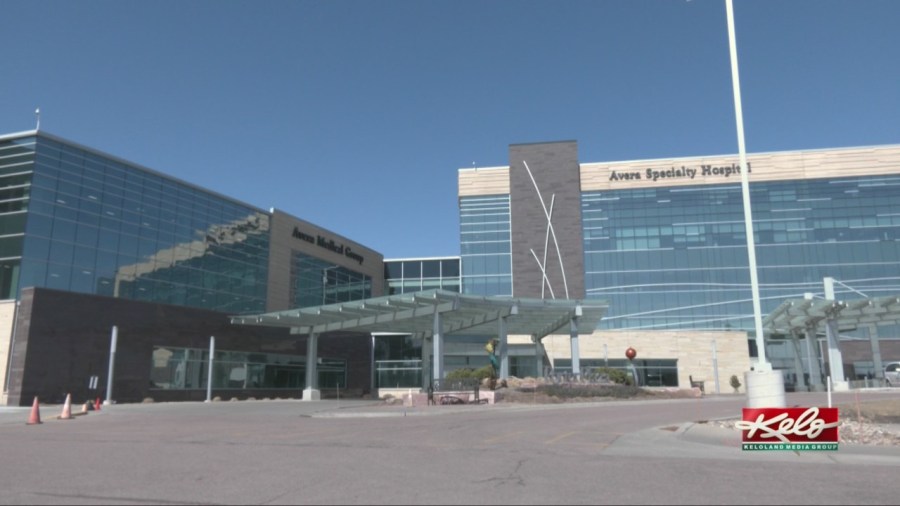SIOUX FALLS, S.D. (KELO) — Katie O’Connor of the Alcester, S.D. area is clinic manager for gastroenterology for Avera Health, so her professional world is already well-versed in digestive health. Her personal world is sadly familiar, too; her great uncle as well as her grandfather lost their lives to colon cancer.
And so, the 40-year-old took action.
“This history’s led me to be very proactive in my own health, speaking to not only the physicians that I work with but my primary care provider on what I should do for screening: when I should start, when my siblings should start and therefore led to starting at the age of 40,” O’Connor said.
Calls for help to Senator Rounds triple as DOGE cuts hit South Dakotans
That screening was a colonoscopy done in 2024.
“Because of her family history of polyps, she is a little higher risk just of having polyps in general, and then we, she did end up having a larger higher-risk polyp that we removed thankfully … well within time before it turned into a cancer,” said Avera Health’s Dr. Nic Daane, O’Connor’s gastroenterologist.
“Not overly concerning, but definitely puts me at a higher risk of colon cancer, but that was completely removed, and so now my risk is significantly lower, and I’ll get a repeat procedure, and we’ll continue to address it as we have,” O’Connor said.
Daane says O’Connor’s story emphasizes the value of knowing family history. But even if a family is fortunate enough to have had no one with a colon cancer diagnosis, there’s a key number to bear in mind.
“Regardless of family history, regardless of sex or race, that 45 is the new age to start screening everyone,” Daane said.
And detecting colon cancer early, he says, is imperative.
“Once the cancer spreads outside the colon, it gets very difficult to manage,” Daane said.







